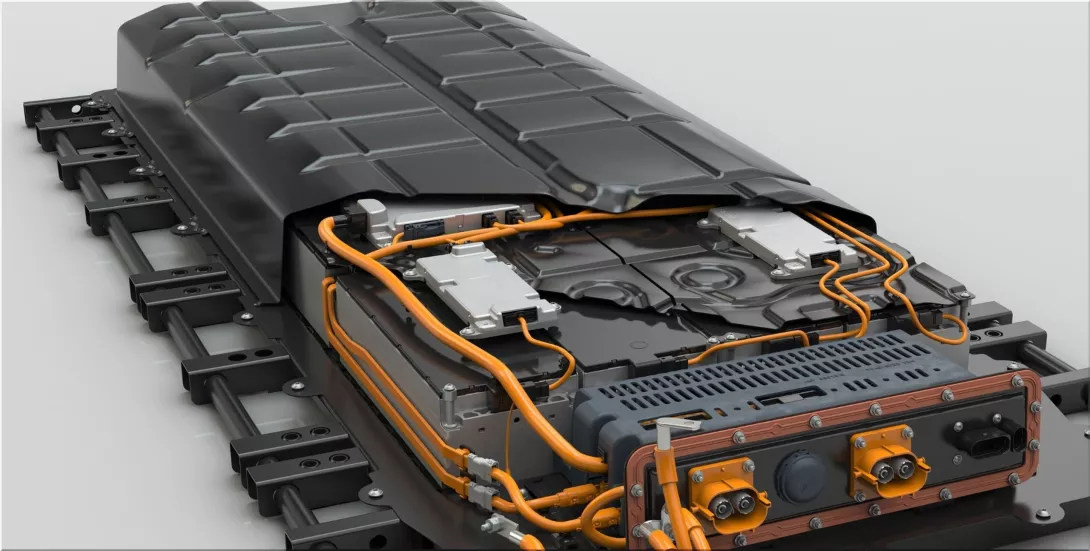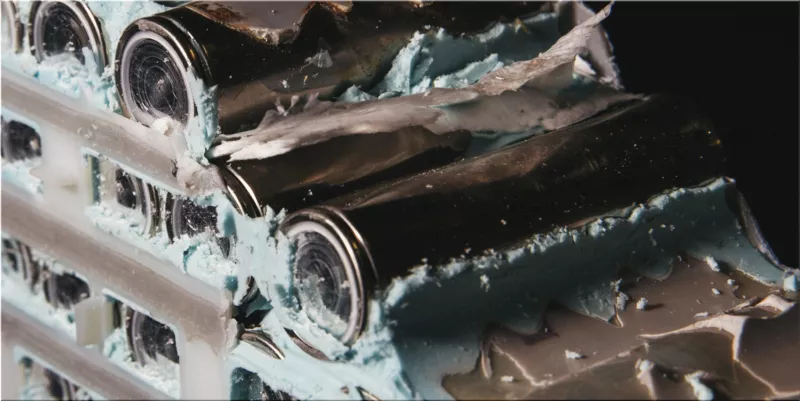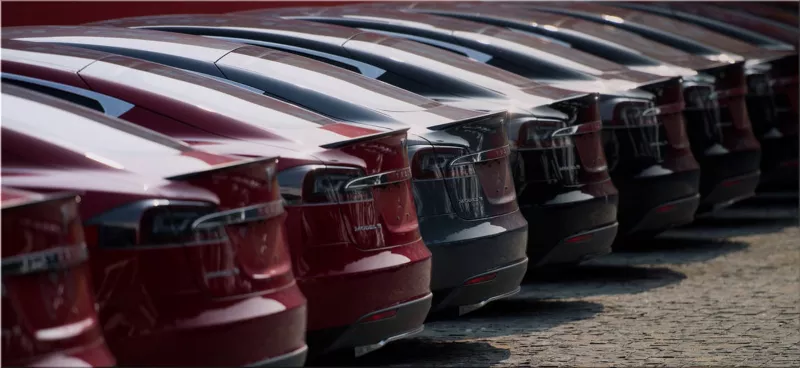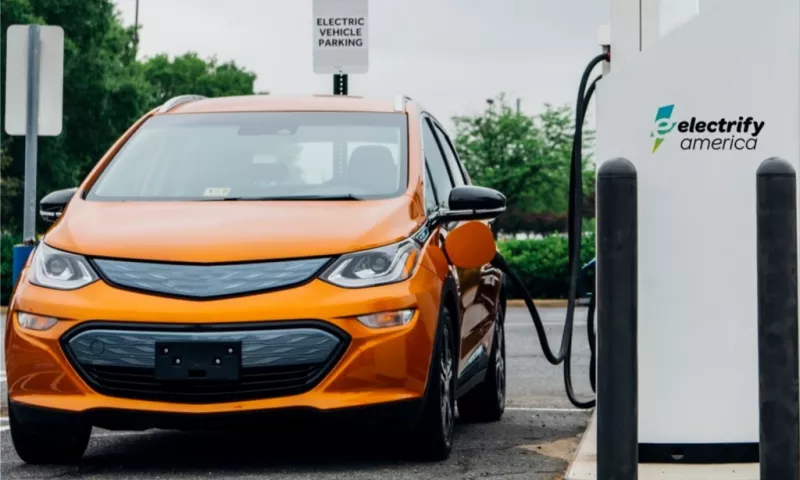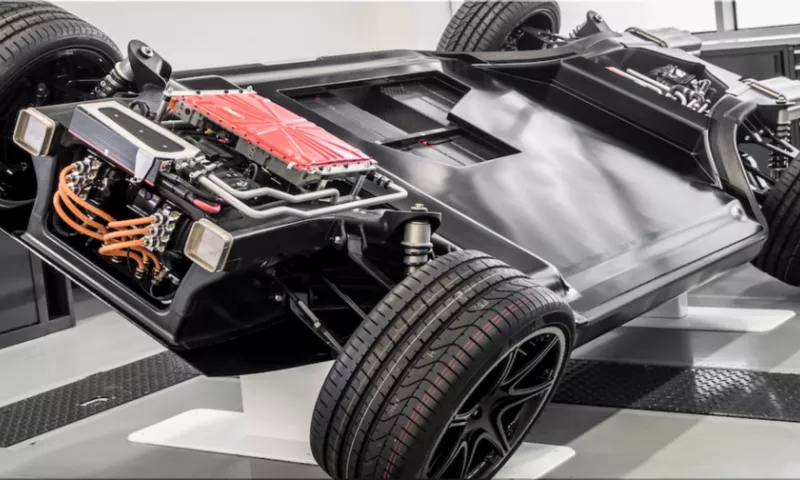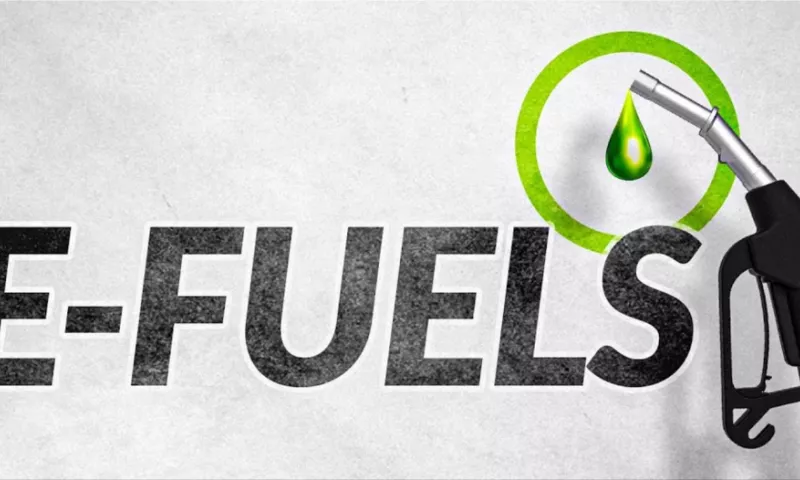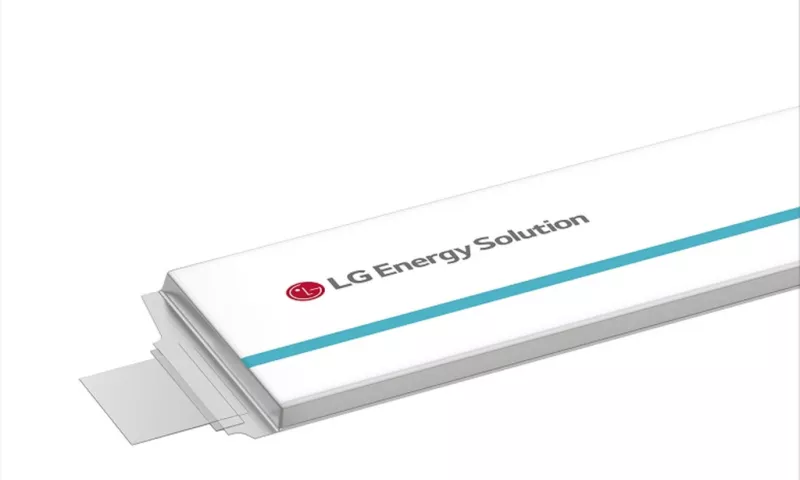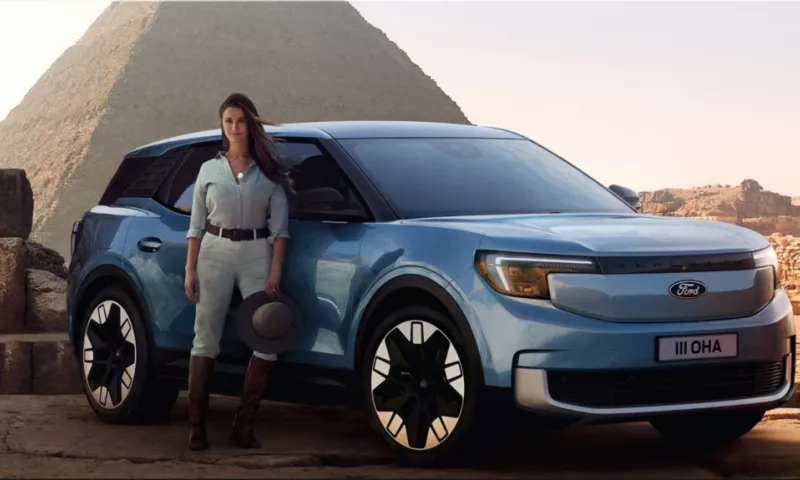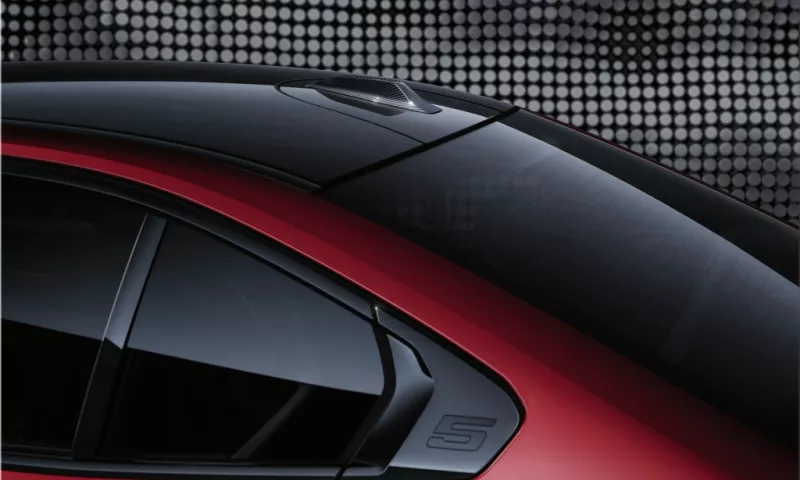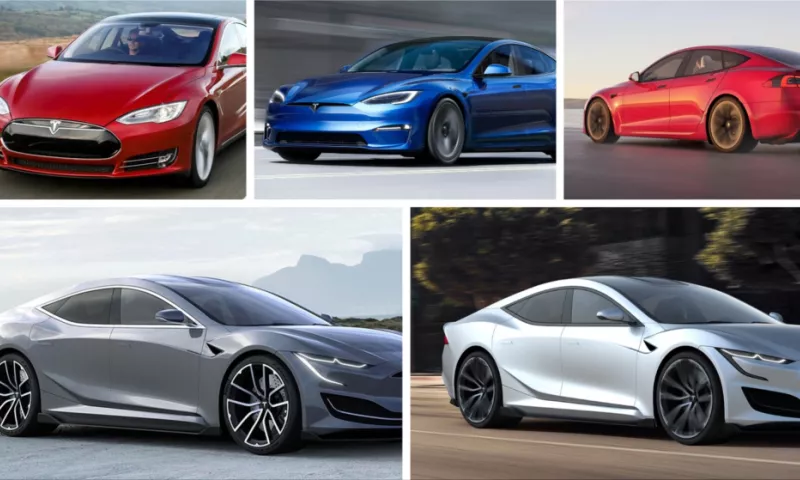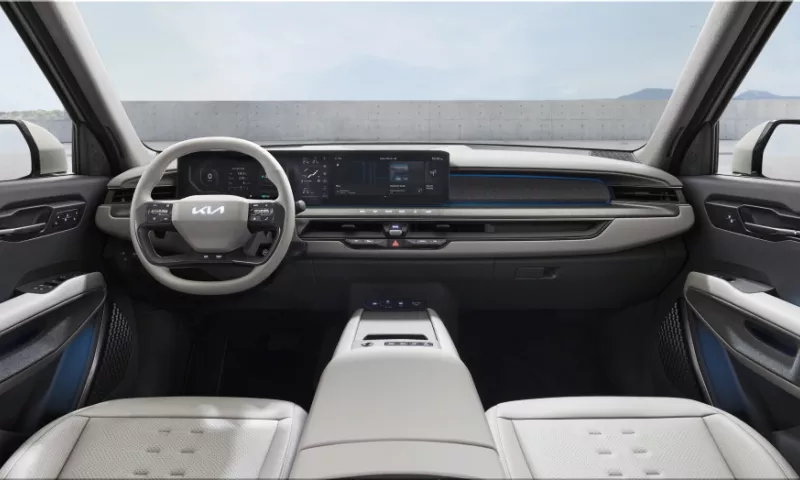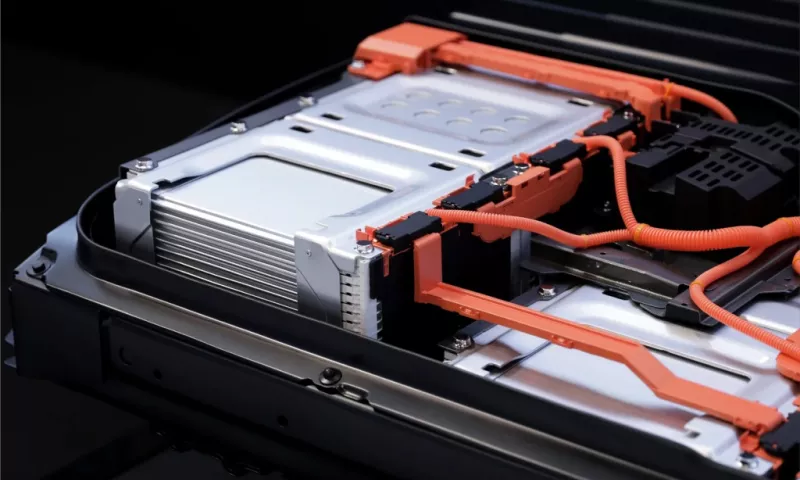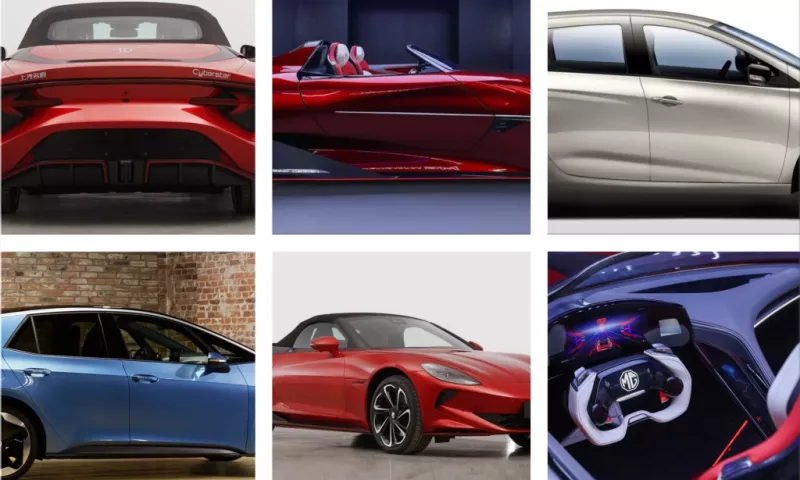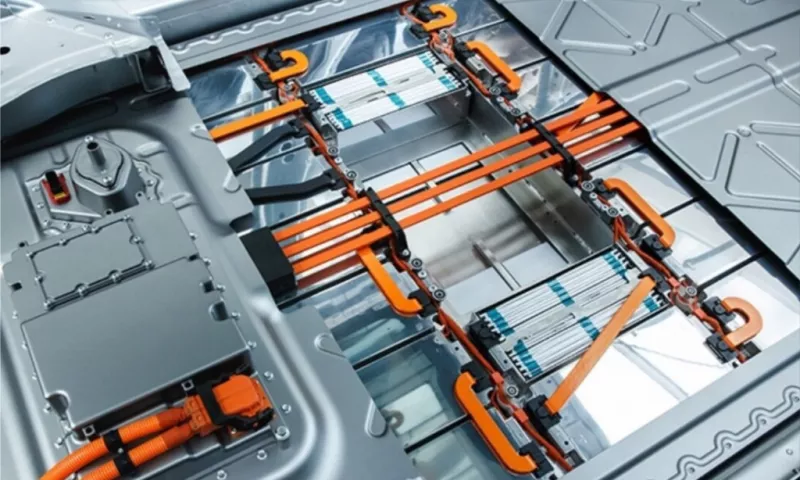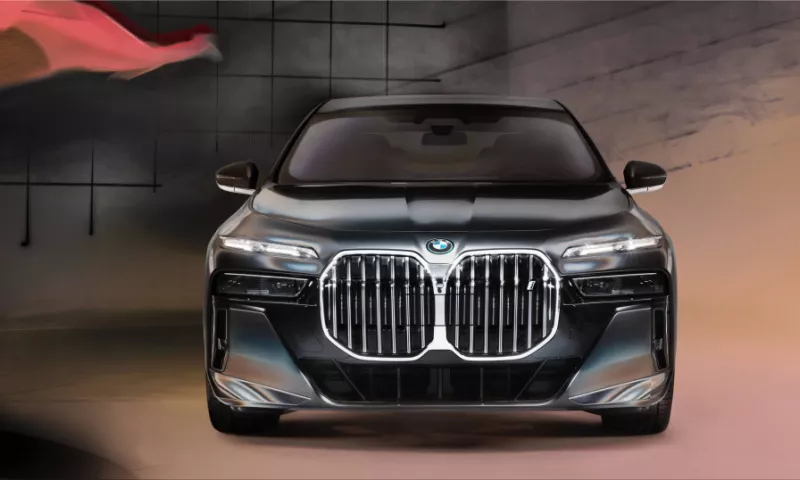Electric vehicles are becoming more popular every year, but what happens to their batteries when they reach the end of their life? You might think they are destined for landfill, but recycling is a better way to deal with them.
Recycling electric vehicle batteries is not only good for the environment but also for your wallet. According to a recent report by Reuters, the US government is offering incentives for recycling electric vehicle batteries, which could turn them into a valuable commodity.
Why recycle electric vehicle batteries?
Electric vehicle batteries are made of lithium-ion cells containing precious metals such as cobalt, nickel, and manganese. These metals are in high demand for various industries, such as electronics, aerospace, and renewable energy.
However, these metals are also scarce and expensive to mine. According to the US Geological Survey, the global production of cobalt in 2020 was 140,000 metric tons, while the demand was 170,000 metric tons. The price of cobalt was about $52,000 per metric ton in July 2021.
Recycling electric vehicle batteries can help reduce the dependence on mining and lower the cost of battery production. It can also prevent the environmental and social impacts of mining, such as pollution, deforestation, and human rights violations.
According to a study by the International Energy Agency (IEA), recycling electric vehicle batteries could reduce the demand for cobalt by 55%, nickel by 25%, and lithium by 10% by 2040.
How to recycle electric vehicle batteries?
Recycling electric vehicle batteries is not a simple process. It involves several steps, such as:
- Collection: The batteries must be collected from electric vehicle owners or dealerships when replaced or retired.
- Transportation: The batteries must be transported safely and securely to recycling facilities, following strict regulations and standards.
- Sorting: The batteries must be sorted by type, size, and condition.
- Disassembly: The batteries must be disassembled into modules and cells, removing hazardous materials and components.
- Processing: The cells need to be processed using various methods, such as pyrometallurgy (high-temperature smelting), hydrometallurgy (chemical leaching), or direct recycling (mechanical separation).
- Recovery: The metals must be recovered from the processed materials using techniques such as electrolysis or precipitation.
- Refining: The metals must be refined to meet the specifications for battery production or other applications.
- Reuse: The metals must be reused in new battery cells or other products.

